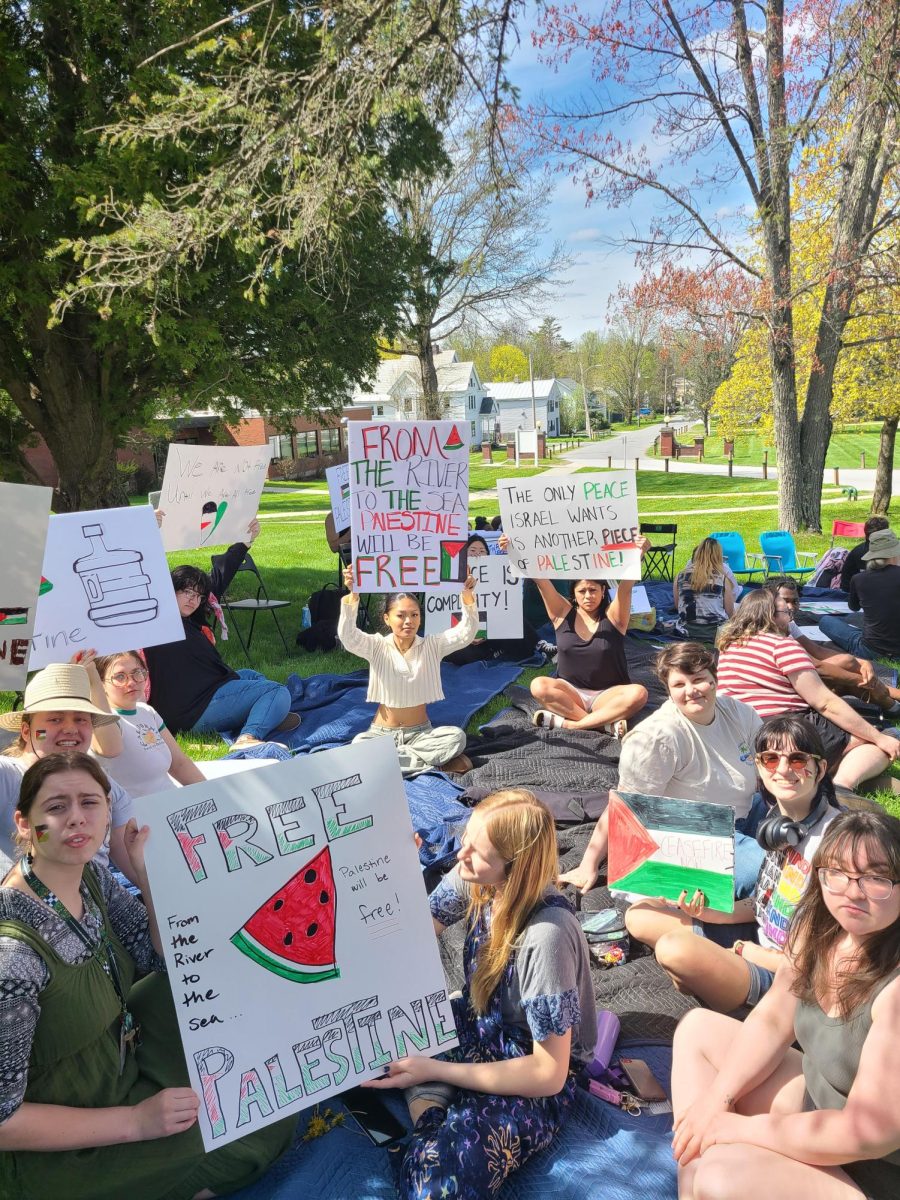Recent University and College health surveys found that up to 35% of college students felt their academic success was significantly and negatively impacted by sleep problems.
Typical sleep challenges for college students include the obvious: roommates coming and going, noisy dorms, a great social life, new lovers, late-night texting, cracking-out on the computer or TV, cramming for tests, alcohol and drug use, too much to do, worrying and stressing out and poor-sleep hygiene.
Sleep is necessary for brain rest and restoration. Sleep deprivation often results in impaired concentration, irritability and anxiousness.
Slow wave and REM sleep are both important for memory consolidation and mental function.
Slow wave sleep facilitates declarative learning (things you remember remembering); REM facilitates nondeclarative (autopilot & motor skill) learning.
Catching up on sleep usually helps you feel and function better. Getting enough sleep regularly will help you be at the top of your game.
What can we do to get better sleep? Here’s a collection of suggestions from sleep specialists and researchers:
Schedule your life to get at least 8 hours of sleep. Plan your morning class, work and socializing schedules accordingly based on what you are most likely to do.
In the evening, mellow out the lights. Slow down your pace. Do relaxing things to wind down.
Sleep in total darkness to optimize melatonin levels during your sleep time.
Get early morning light.
If your sleep wake cycle is screwed up, reset it by making yourself get up at the same time every day, whether you slept well the night before or not.
While resetting it, don’t nap for more than 30 minutes and not within 4 hours of bedtime. If your sleep cycle gets out of whack easily, you’ll need to be pretty disciplined about being consistent to get better sleep.
One hour naps when you are mentally tired can improve cognitive function. Yes, I know that conflicts with the above, but not everybody has touchy sleep cycles.
Develop a bedtime routine.
Get in your PJ’s or comfy clothes, make some tea, do some reading, TV, chill music, a warm shower or bath….
Routine is good. Comfy, cozy and calm is good.
Have good sex with someone else or just yourself to increase the release… of relaxation and sleep-enhancing biochemistry.
Daytime exercise helps you sleep better.
Avoid drama and stressful conversations right before bed.
Busy mind keeping you up? Make a bullet list of what’s bothering you to get it out of your head. Follow through on these things the next day and it won’t have to keep you up at night to get your attention.
Turn off your computer devices 2 hours before bedtime. Studies show the close proximity to the screen and bright blue light may delay the release of melatonin, delaying sleep. Or try dimming the screen, orange glasses, screen filters, switch to white on black (ipad) to reduce the impact.
Silence your phone’s incoming text tones at bed time and enjoy or dread all the attention you got in the morning.
Manage your caffeine intake and timing. The half-life of caffeine is 5-6 hours and most people can sleep when the level drops to 100mg or less in the blood stream. There’s an app called Caffeine Zone if you’re about that.
Limit alcohol use before bed. It interferes with sleep architecture. There are apps for that too.
Talk out your sleep preferences with your roommates, friends and lovers. They probably need to get their sleep too.
If you and your roommate are on opposite ends of the sleep spectrum, see if compromises can be made so you both can get your sleep and if not – make new roommate plans for your next room assignment, with someone more compatible.
To regulate environmental stimulation try white sound machines (or a fan, though sometimes a fan is too stimulating on the skin), ear plugs or eye masks.
Keep room temperature on the low side, with layered covers that breathe well to minimize sweating, yet keep you warm.
Some find prayer very helpful for letting go of the 10,000 things and finding peace, comfort and bliss.
Drift off with spacious, beautiful, meditative music.
Meditate. Use slow abdominal breathing and guide yourself through a progressive relaxation to sleep.
Yoga Tandra: chant a mantra to “create an inner music with a single note,” to crowd out all other thoughts and bore yourself to sleep.
Monotonous low-intensity repetition can lull the busy mind. A boring routine of sounds and words can reduce vigilance and activity-seeking in response to stimulation from within and without the self. Try technical non-fiction audio books or podcasts.
Have a light bed snack: warm milk, cereal with milk, or some turkey for tryptophan to get sleepy.
Hope you found some helpful tips. Sweet dreams…
Johnson State Student Health Center
802-635-1265
Drop by the Health Center any time between 9-4 pm Monday- Thursday and/or Friday 9-1pm for further assistance.








